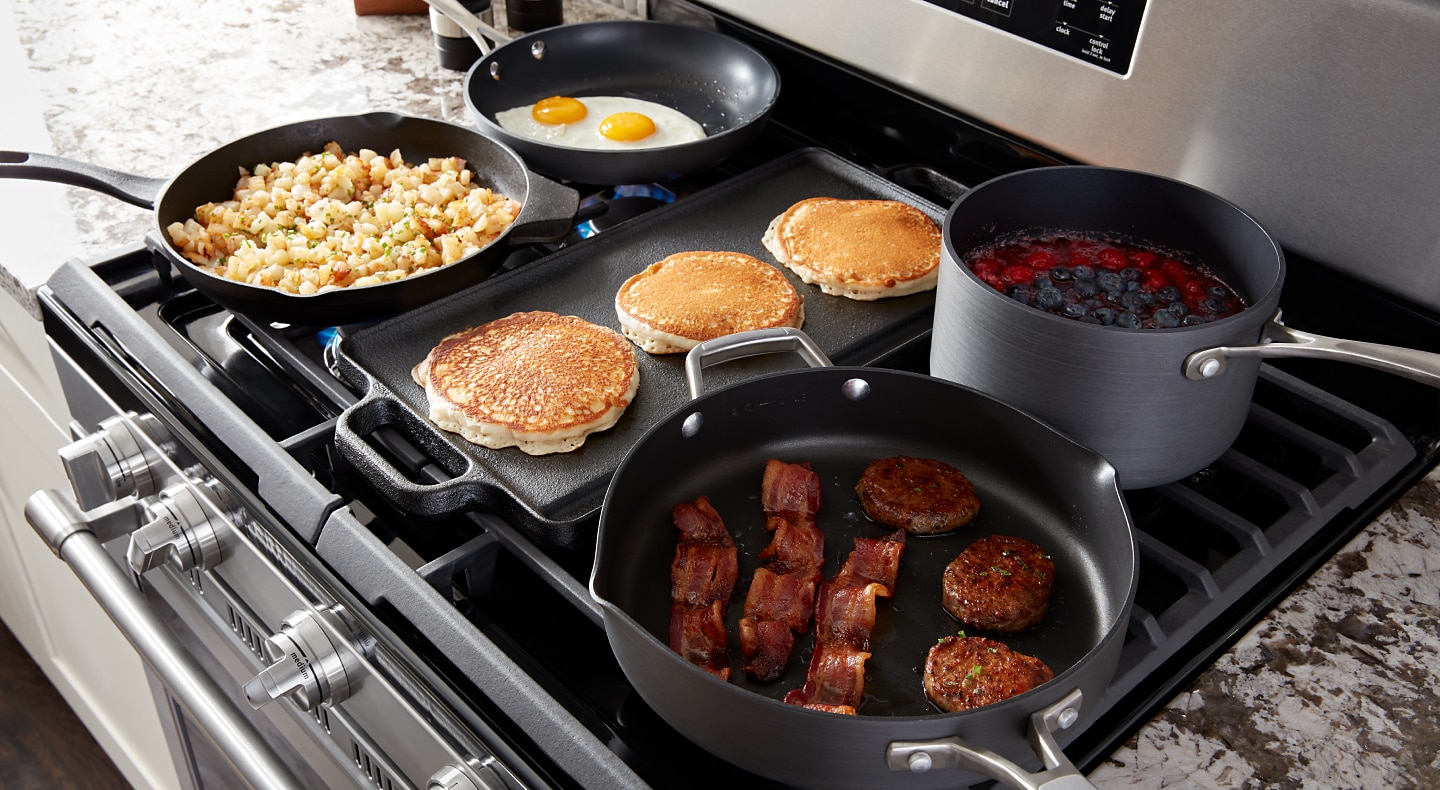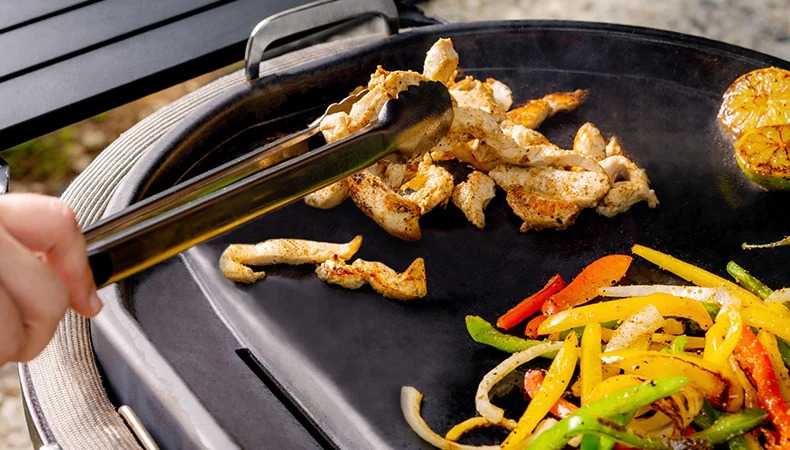Cleaning a rusty griddle might seem like a daunting task, but its essential if you want to enjoy delicious meals cooked on a rust-free surface. Whether you’re grilling juicy chicken breasts, flipping pancakes, or searing steaks, having a clean griddle ensures that your food tastes its best. In this detailed guide, we will provide you with all the tips and tricks you need to restore your griddle to its former glory.

Understanding Griddle Rust
Before diving into the cleaning process, its important to understand what causes rust on griddles. Rust forms when iron reacts with moisture and oxygen. If you don’t properly maintain your griddle, it can quickly accumulate rust, making it less effective and potentially hazardous for cooking. Griddles, especially cast iron ones, are prone to rust if not cared for correctly.
Materials You’ll Need
- Steel wool or wire brush
- Baking soda
- Vinegar
- Dish soap
- Paper towels
- Cooking oil (preferably vegetable oil)
- Protective gloves
Initial Cleaning Process
Start by scrubbing the rusty surface with steel wool or a wire brush. This will help remove any loose rust and debris. Be sure to wear protective gloves to avoid injuries. Next, create a paste using baking soda and water. Apply this paste to the rusted areas and let it sit for about 30 minutes. Baking soda is a natural abrasive that helps lift rust without damaging the griddle.
Using Vinegar to Remove Rust
Vinegar is another effective solution for rust removal. Pour a generous amount of vinegar onto the rusty surface and allow it to soak for about an hour. The acidity of vinegar helps break down rust, making it easier to scrub off. After soaking, use a wire brush or steel wool to scrub the surface again.
Thorough Rinse and Dry
After scrubbing off the rust, rinse the griddle thoroughly with water to remove any residue. Dry the griddle completely with paper towels to prevent any future rusting. Its crucial to ensure there is no moisture left on the surface.

Seasoning Your Griddle
Once your griddle is clean and dry, its time to season it. Seasoning creates a protective layer on the griddle, preventing future rust and enhancing its nonstick properties. Heres a step-by-step process:
Applying a Thin Layer of Oil
Pour a small amount of vegetable oil onto the griddle. Use a paper towel to spread the oil evenly over the entire surface.
Heating the Griddle
Turn on your stove and heat the griddle on medium-high heat for about an hour. This helps the oil to polymerize and bond with the griddles surface. Make sure to do this in a well-ventilated area as it can get smoky.
Cooling and Final Wipe Down
Let the griddle cool completely before wiping it down with a clean paper towel to remove any excess oil. Your griddle is now seasoned and ready for use.

Maintaining a Rust-Free Griddle
Prevention is key to keeping your griddle in top condition. Here are some maintenance tips:
Regular Cleaning
After each use, clean your griddle with warm water and mild dish soap. Avoid using harsh chemicals or abrasive materials that can strip away the seasoning.
Proper Drying
Always ensure your griddle is thoroughly dried before storing it. Use paper towels to dab away any moisture.
Seasoning After Each Use
Lightly oil your griddle after each use to maintain its protective layer. This simple step can go a long way in preventing rust.
Useful Tips for Chicken Lovers
If you love cooking chicken on your griddle, here are some additional tips to enhance your culinary experience:
Marinate Your Chicken
Marinating your chicken adds flavor and helps keep it juicy. Use a mix of oil, acid (like lemon juice or vinegar), and your favorite spices.
Preheat Your Griddle
Always preheat your griddle before cooking. This helps achieve even cooking and a nice sear on your chicken.
Use a Meat Thermometer
Invest in a good meat thermometer to ensure your chicken is cooked to the perfect internal temperature of 165F.
FAQs
Can I use other oils for seasoning my griddle?
Yes, you can use other oils such as canola, flaxseed, or grapeseed oil. However, vegetable oil is commonly used due to its high smoke point and affordability.
How often should I clean my griddle?
Its best to clean your griddle after each use. Regular maintenance prevents rust and food buildup, ensuring a longer lifespan for your griddle.
Is it safe to use vinegar on a griddle?
Yes, vinegar is safe and effective for removing rust. Its a natural cleaning agent that won’t harm the griddle’s surface.
For more tips on how to cook delicious meals on your griddle, check out rotisserie chicken, microwave rotisserie chicken, or cooking on a griddle.
As an Amazon Associate, I earn from qualifying purchases.









